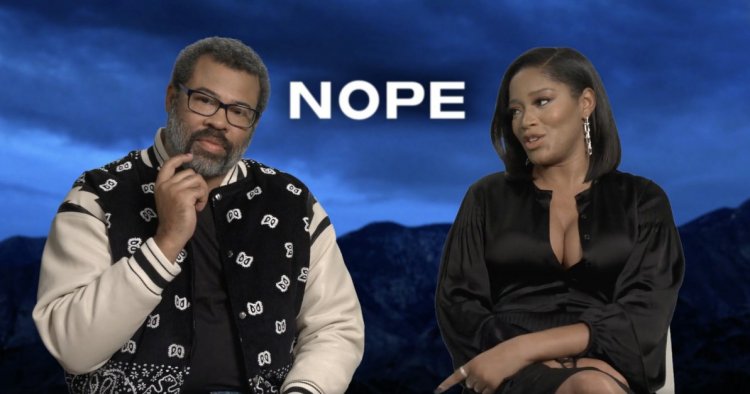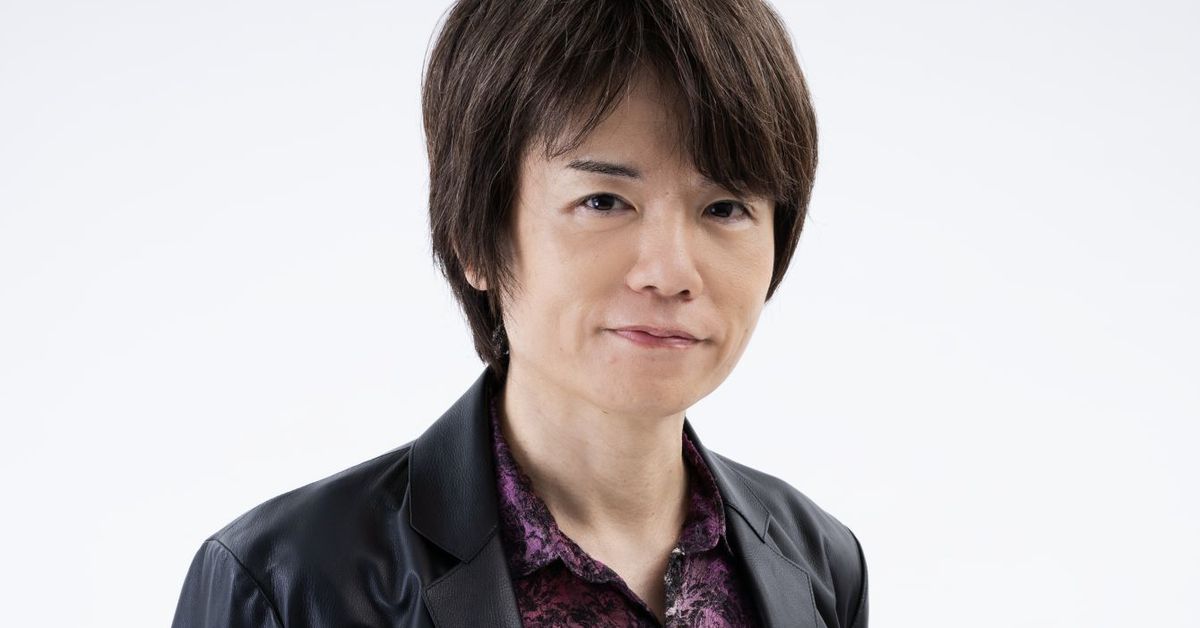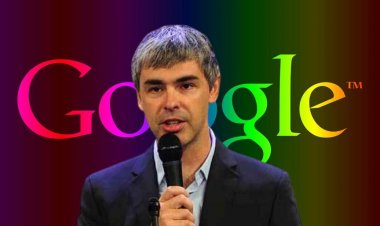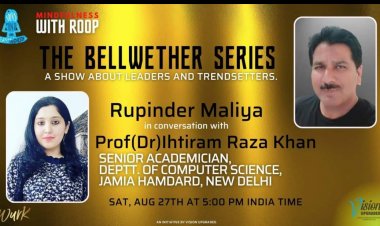Jordan Peele and Keke Palmer open up about evolving in the public eye and the trap of ‘elevated films’
Nope director Jordan Peele and star Keke Palmer have mixed feelings about how much is too much to know about a movie before you go see it In the months leading up to the debut of Jordan Peele’s Nope, trying to figure out what the hell the movie was about became a kind of event unto itself as the director’s fans pored over trailers, posters, and interviews, feverishly trying to suss out just how the movie might shock them.

Nope director Jordan Peele and star Keke Palmer have mixed feelings about how much is too much to know about a movie before you go see it
In the months leading up to the debut of Jordan Peele’s Nope, trying to figure out what the hell the movie was about became a kind of event unto itself as the director’s fans pored over trailers, posters, and interviews, feverishly trying to suss out just how the movie might shock them. For many, going into Nope completely unaware of its premise was a big part of what made the film such a thrilling experience. But by the time Nope hit theaters, its ads almost immediately started telegraphing the shape of its story, both because people were already seeing the movie and because that’s increasingly how studios have chosen to market their projects in recent years.
Peele and Nope star Keke Palmer are of multiple minds when it comes to how much information trailers give away nowadays and the power that we’ve given to the idea of being spoiled. But when I caught up with the pair recently ahead of Nope’s Blu-ray and DVD release this week, they explained how they see striking the balance between secrecy and tantalizing theatergoers with juicy details as a necessary (if a bit tricky) part of making the moviegoing experience magical.
“It’s a tough needle to thread because I do feel like there is a benefit to people being able to walk into a film knowing nothing if you like that sort of thing,” Peele said. “But I happen to know that a lot of people do kind of like to know what they’re going to see at the same time. That’s part of the contract that gets you to go to a theater — you know what you’re watching.”
/cdn.vox-cdn.com/uploads/chorus_asset/file/24149465/2541_D069_00068.jpeg) Image: Universal Pictures
Image: Universal Pictures
In the weeks and months following Nope’s release, the conversations around the movie shifted in a pronounced way as more people saw it for themselves and were able to look back on the hype surrounding it with a deeper understanding of what they were seeing. What at first appeared to be just an image of Steven Yeun’s character Ricky Park wearing a cowboy hat became a brilliant encapsulation of some of Nope’s bigger themes once audiences got the chance to see Jupiter’s Claim, and Peele said that it’s been fascinating to see the movie and its ideas continue to “blossom” in people’s minds since its release.
What’s been infinitely fascinating to Peele, though, is “this conception that I’m coming with a ‘message’” with his films, an idea stemming from how his previous work has explored the intricacies of anti-Black racism and the thorniness of American exceptionalism as a concept. Peele said that his stories are always rooted in specific, personal observations that he expands upon as part of his creative process, and he balked at the idea of explicitly setting out to make movies that people slap a prestige label onto simply because its subject matter is nuanced.
“I don’t want people to think that I’m trying to make ‘elevated’ films,” Peele said. “I think that’s a trap that I don’t quite appreciate because I, you know, I like making fucked-up films. I like making weird movies that I’m really just not supposed to make — and sometimes challenge people on the other side of things as well.”
/cdn.vox-cdn.com/uploads/chorus_asset/file/24149544/2541_36A_3_A.jpeg) Image: Universal Pictures
Image: Universal Pictures
Palmer’s witnessed firsthand how the discourse around Peele’s body of work occasionally takes a hostile turn when people get to discussing what he’s trying to say or what particular shots mean. But from her perspective, a not insignificant amount of the flack Peele sometimes receives has much more to do with people working through the intensity of their own emotions.
“The thing about your films is that the observations are so impactful that I think they double people over,” Palmer laughed. “And it’s us that come to the theater like, ‘I want to be able to take this observation and know what to do with it.’ [That feeling] challenges me; it puts me to the task because I know when Jordan puts his movies together and does his artistry, it’s based off of something that he felt.”
As keyed into Peele’s feelings and creative headspace as Palmer obviously was during Nope’s production, her turn as Emerald Haywood in the film has also led to a resurgence of interest in the 29-year-old actor herself, who’s been booked and busy for the better part of the past 20 years. Though Palmer’s anything but a newcomer, a not insignificant portion of her fans have seemed new to her — and eager to see her cast in things like Marvel’s upcoming X-Men project(s) as Rogue.
Come on agentttttttt https://t.co/ErAEz6hWxt
— Keke Palmer (@KekePalmer) September 15, 2022
At a time when trolls treat complaining about the presence of Black women in genre fiction like it’s their job, it’s been fascinating to see a fandom rallying around Palmer — and so organically. Palmer said that the entire experience of it has meant so much to her in particular because she’s been in the industry for so long.
“The fact that I can continue to grow and get more eyes and get more fans and more people to be along on the Keke Palmer journey, and also see the different evolutions of my career,” Palmer laughed. “Because who I was as a kid and what people expected of me as a kid is totally different from what people expect of me now. My artistry has evolved, and to see people also respond to that is just… it’s just a fun feeling.”
(Except for the headline, this story has not been edited by Leader Desk Team and is published from a syndicated feed.)











/cdn.vox-cdn.com/uploads/chorus_asset/file/25137937/236942_Nic_Cage_Interview2_CVirginia.jpg)















